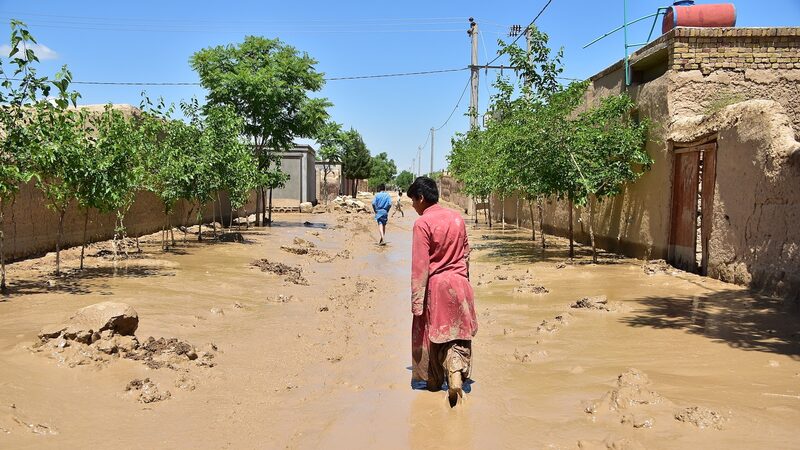Africa is facing an unprecedented wave of public health challenges as climate change intensifies across the continent. Despite contributing the least to global greenhouse gas emissions, Africa is the most vulnerable to the negative impacts of a changing climate. From extreme weather events to shifting ecosystems, the repercussions are vast and multifaceted.
Climate change is not just an environmental issue—it directly affects human health. The increase in cyclones, floods, and droughts has led to outbreaks of diseases. For instance, after Cyclone Idai struck Mozambique in 2019, over 6,000 cholera cases were reported, with efforts to control the outbreak hindered by the cyclone’s devastation. Similarly, prolonged droughts in the Horn of Africa have caused water scarcity, reduced agricultural productivity, and loss of livestock grazing lands, leading to food shortages and malnutrition.
The overlap of human and animal habitats, driven by environmental changes, creates new opportunities for zoonotic diseases to emerge and spread. Issues like limited access to clean water and sanitation further exacerbate the spread of infectious diseases due to compromised hygiene practices.
To address these interconnected challenges, a comprehensive approach is essential. The ‘One Health’ initiative offers a collaborative framework that connects human, animal, and environmental health disciplines. By recognizing the interdependence of these sectors, it becomes possible to develop sustainable solutions to prevent and control climate-related health issues.
The Africa Centres for Disease Control and Prevention (Africa CDC) is actively promoting the ‘One Health’ approach. By working closely with countries and regional coordination centers, Africa CDC aims to build capacity and strengthen collaboration across sectors. This initiative aligns with the African Union’s Agenda 2063, striving for integrated health solutions that can withstand the pressures of climate change.
Embracing the ‘One Health’ approach is crucial for Africa to effectively respond to the health challenges posed by climate change. Multisectoral collaboration and transdisciplinary strategies will not only address current issues but also build resilience against future threats, ensuring the well-being of communities across the continent.
Reference(s):
'One Health' approach to overcome public health challenges in Africa
cgtn.com








